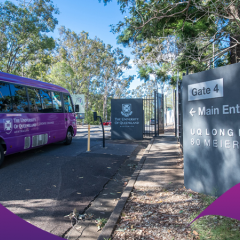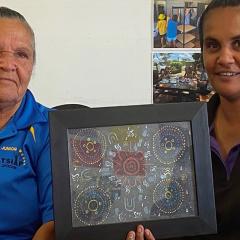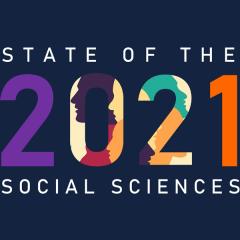Drug use, addiction and drug-related harms are at an all-time high in Australia and internationally: more people are using drugs and the range of drugs they use is increasing. This increasing diversity in the experiences of people who use drugs is key to accurately understanding drug use and its harms and to developing strategies to manage the effects.
The national Drug Trends research program explores the unique experiences of people who use drugs to identify emerging trends. Through annual in-depth interviews with people who regularly use ecstasy and related stimulants or who inject drugs, the Drug Trends project contributes valuable first-hand insights into the experience of drug use in Australia. In Queensland, the Institute for Social Science Research at UQ coordinates the research. “We are talking to many people who are using drugs weekly”, Dr Caroline Salom says. “This research provides an important feedback loop between their experiences and the organisations that are trying to help them—it supports early identification of new trends in drug markets and drug-related harms”.
The Drug Trends project has been coordinated by the National Drug and Alcohol Research Centre at the University of New South Wales since 1996, with UQ as a partner since 1999, and offers more than two decades of drug use insights for Australia. The interviews are analysed alongside routinely-collected indicator data to describe new trends in drug supply, use and harms and to show how these have changed over time. To date, Drug Trends has been able to identify high-impact trends such as the emergence of novel psychoactive substances such as NBOMe and changing patterns of use and harms for methamphetamines. It also generates valuable evidence for policymakers and service providers to intervene to improve the wellbeing of people who use drugs.
See Dr Caroline Salom present on the findings from the 2018 Drug Trends interviews in Queensland here.



